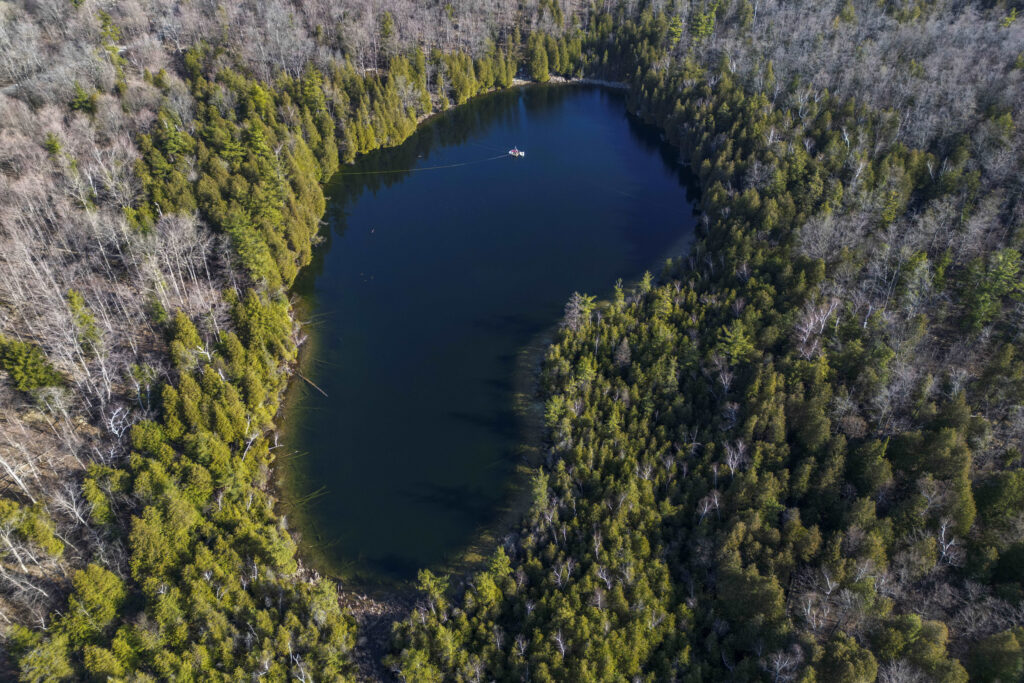Now there’s an idea. Courtesy of a reader with statistical training who admires the “way that the medical profession (at least sometimes) carries out its experiments and makes its conclusions.” Namely one person or group plans a study or gathers data, and a different one evaluates it. What’s more, they often do it blind, with the data disguised to show increases as decreases or the time series reversed, so the “Red Team” can’t start looking for something they’re expecting or hoping for, consciously or unconsciously. Imagine if climate science did its research in a way that avoided Kierkegaard’s “covetous eye on the outcome”. Starting with NOAA and its “data adjustments”.
The problem of finding what we expect to find is not confined to climate science or indeed to science. Kierkegaard was after all a theologian and was warning about a general tendency in life. And it’s not even entirely or even primarily a problem. The human brain’s job is to simplify the overwhelming flood of sensory data, not just at this or that moment but as it continues to pour in second after second, and to pick out the things that matter. If it didn’t, we’d never get anywhere… except the cemetery.
For instance, we are very good at spotting faces. So good we may imagine them when they are not there, but it’s a price worth paying. (And it’s why military camouflage is employed not so much to turn you jungle- or desert-coloured but to break up the tell-tale shiny oval.) We’re also good at hearing snarls. And when we look at a road we expect to see cars and behold, we do see them… because they are there and they matter.
If we could not do such things, if we did not constantly simplify reality based on plausible assumptions, we would be mentally paralyzed like Funes the Memorious, unable to sort through experience, draw conclusions, make plans and carry them out. (Another way of putting it is that ideology is not just something that happens to other people.)
There’s a medical cliché that most doctors listen for horses’ hooves and a rare minority listen for zebra’s hooves. But while we admire the ability of the latter to realize a patient has an odd condition and identify it, the reason those conditions are odd is that most people don’t have them so it is not just excusable, it’s commendable, for doctors to start by looking for the usual stuff and only take a second look if something won’t fit the paradigm.
The hard part is knowing how bad the fit needs to be to take that second look. And we have no magic formula here, just as we have no magic formula for overcoming defects in the will. Which operates not just in our private but in our public lives, as people tend to seek confirmation for theories on which they have staked their reputations as well as having worked well so far. But our correspondent’s suggestion is a good one when time and circumstance permit, as they far more often do when performing basic research than when avoiding being run over or eaten by a lion.
For instance when it comes to climate research. Let one group collect data on hurricanes, droughts or temperatures, and let another group in a double-blind structure seek patterns in the data. And if they find that there’s a strong correlation between X and Y, and then we take off the blindfolds and say yes, X is CO2 but Y isn’t temperature, it’s NOAA’s temperature adjustments, so we have discovered not man-made global warming but tampering with the official U.S. temperature record. The exact opposite of the usual suspects piling on when anyone looks behind the curtain.



Excellent suggestion, which in the case of our massive and ludicrous overreaction to sars2 could have saved trillions of wasted dollars and more than a year of blight to a billion or more young, healthy and productive people around the world.
I love the notion of the "covetous eye on the outcome," and will try to keep this idea in the forefront every day.